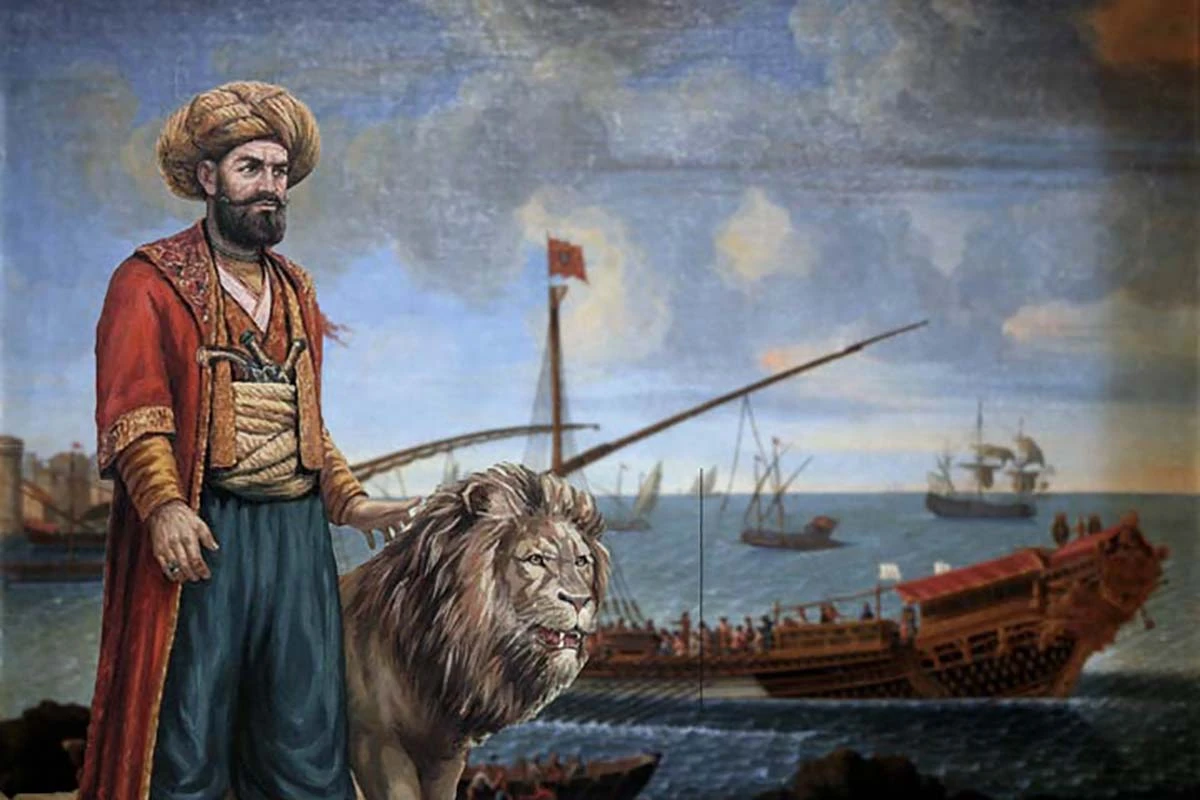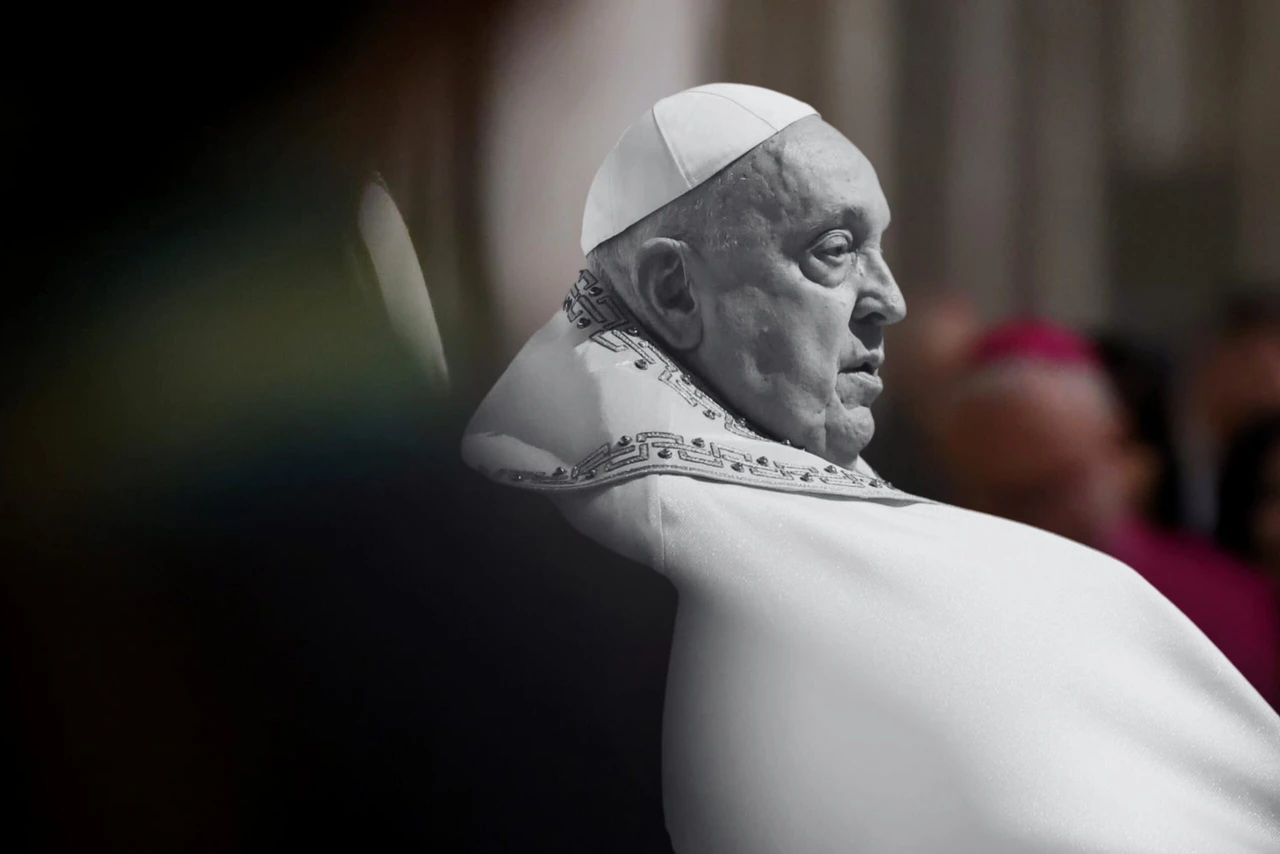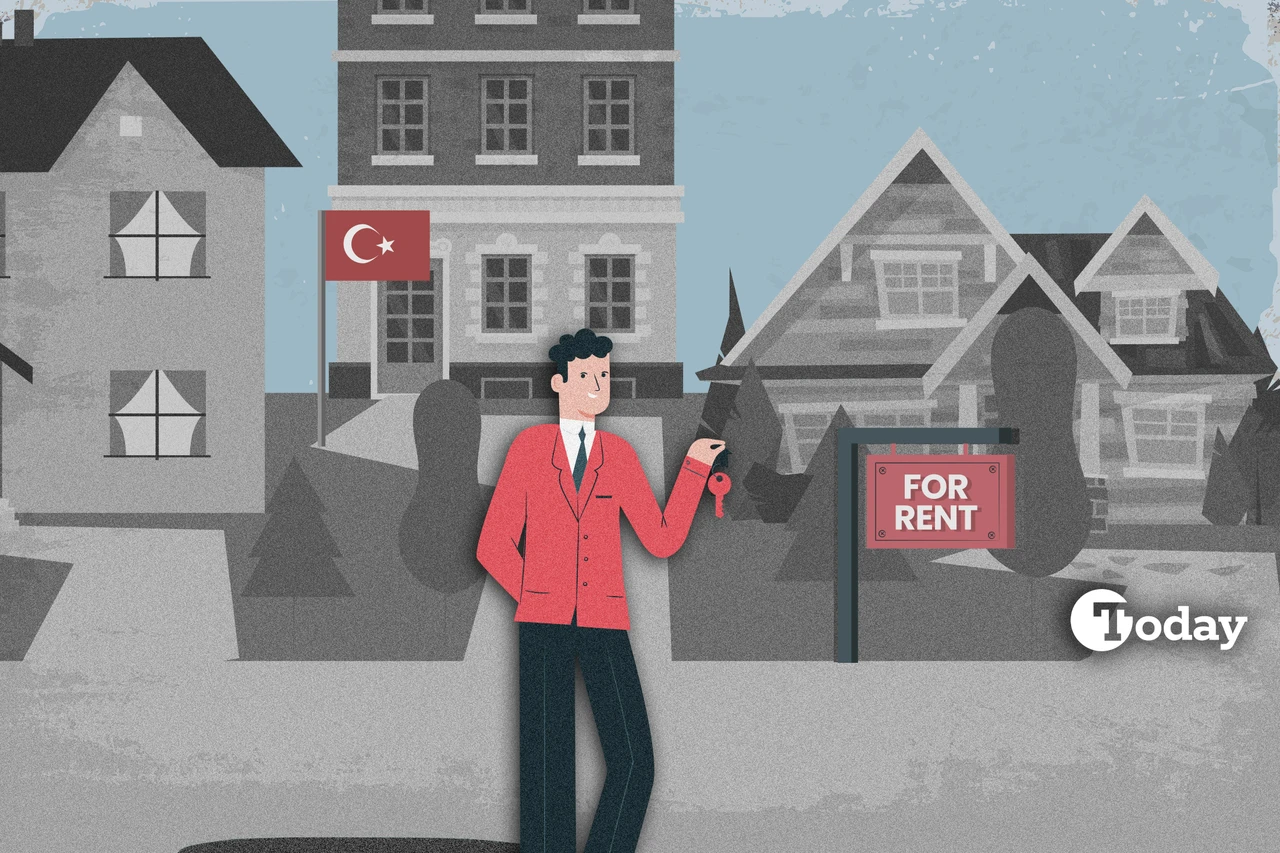Will Ahmad al-Shara be able to tame HTS components in Syria?
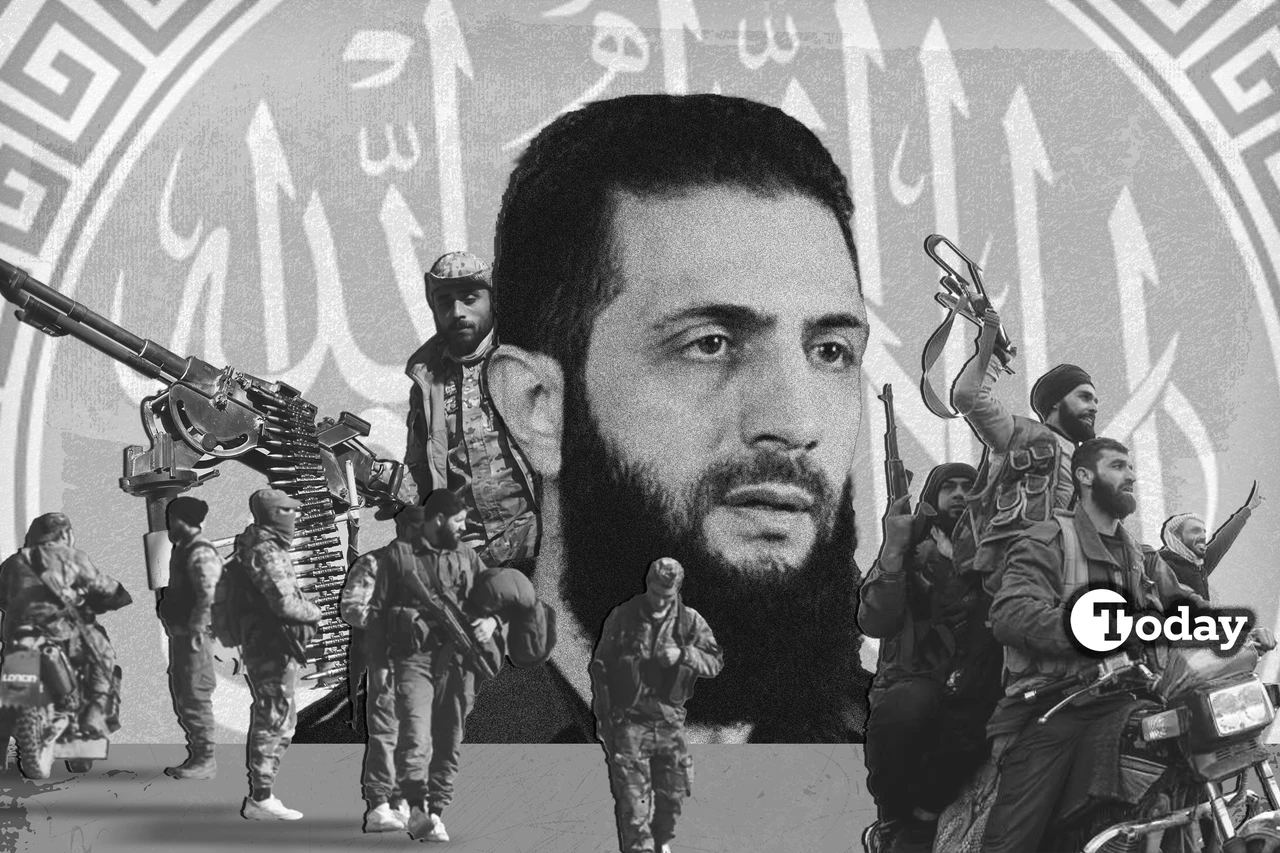 Ahmad al-Shara has many challanges in front of him during the formation of new Syria. (Collage prepared by Türkiye Today team)
Ahmad al-Shara has many challanges in front of him during the formation of new Syria. (Collage prepared by Türkiye Today team)
Thousands of opposition troops broke their chains in Idlib, where they were trapped for many years, and marched into Damascus on Dec. 7. For many, it seemed like a bloodless coup, and for many, it is the result of dedication and perseverance of the opposition camp.
Hayat Tahrir al-Sham (HTS) fighters battling under winter conditions in the outskirts of Idlib with poor infrastructure and equipment in late November, suddenly found themselves in the county’s capital Damascus in a week.
Now, many HTS fighters light fire in front of Damascus’ government buildings, and lie on torn couches put on the streets, just as they were doing in Idlib. Some fighters are seen cleaning the streets, while others assume the duties of traffic police, managing the capital’s main streets.
Damascenes I talked to in private conversations were overwhelmingly grateful that Assad was finally gone. Many of them spent days or weeks in detention centers just because of confusion, or simply for being at the wrong place at the wrong time. Their release was often dependent on bribes despite being found not guilty after a kangaroo investigation process.
However, they look at HTS fighters with suspicion. People in Damascus are uncertain whether these fighters will stay in urban centers, regulating daily life, or return to their barracks to focus on military matters.
Their integration into city centers would be a blow and hindrance to many talented Syrians wishing to go back to their homeland in order to rebuild the country from its ashes.
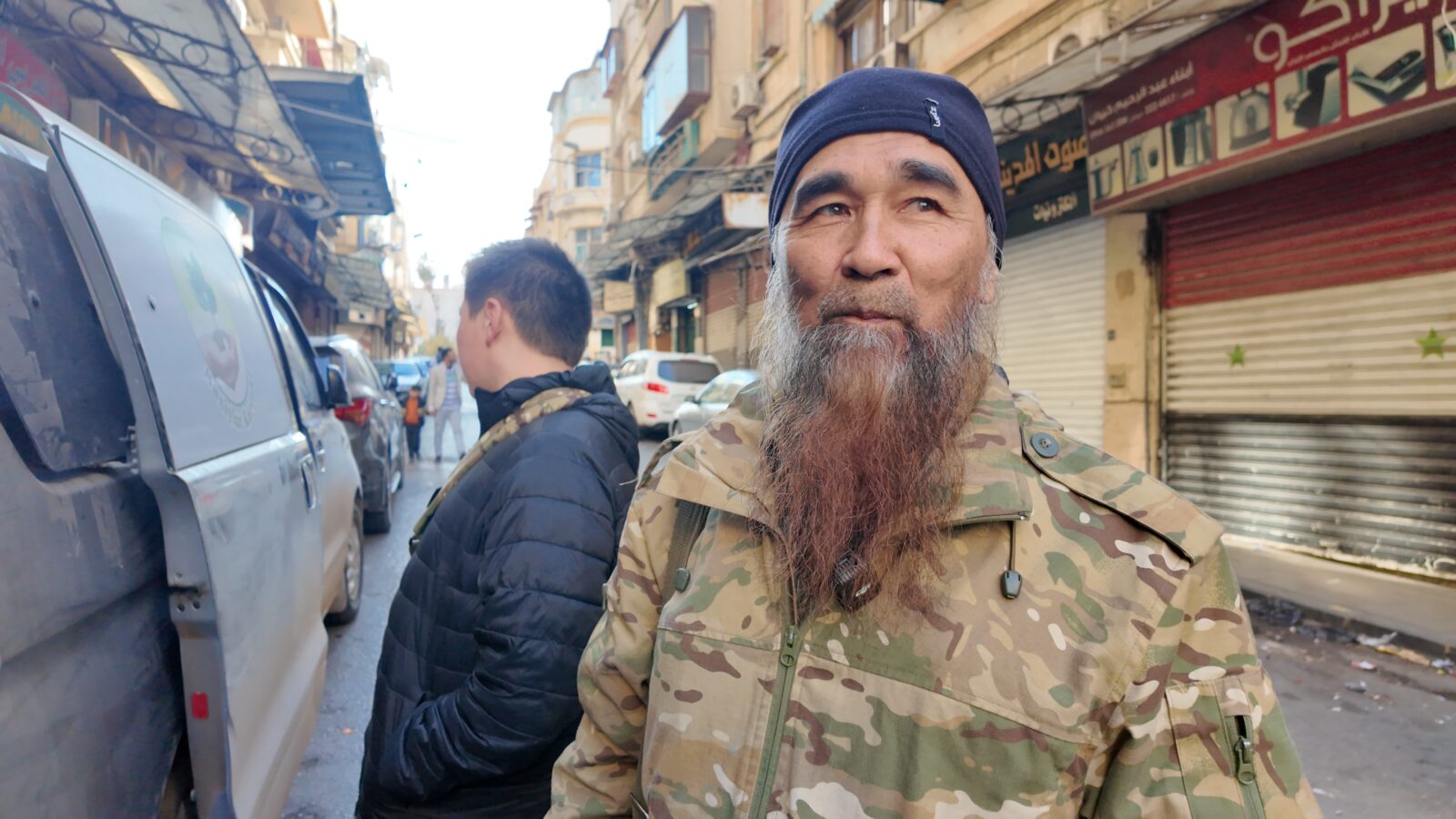
‘I am done in Damascus’
Many HTS fighters may express interest in staying in Damascus. However, there are some with different plans.
One Uzbek fighter I talked to said, “I am done in Damascus. We achieved our duty. We liberated Damascus. I did my jihad (religious struggle). Now, I will do my jihad somewhere else.”
Despite the Uzbek fighter’s statements, many HTS fighters do not know their next move. Yet, they will certainly follow the instructions from their leadership.
HTS leader Ahmed al-Sharaa, better known as Abu Mohammad al-Jolani, is confronting and will continue to face the difficulties of forming an inclusive state.
Apart from the Western media’s obsessive and arrogant questions directed toward him regarding hijab-wearing and alcohol consumption, there are equally crucial points such as building a free market economy, establishing the rule of law and solving chronic infrastructure problems.
People in Damascus are fed up with taking quick cold showers, walking in dark streets with the phone flashlight open, finding used bullets on their balconies and queuing in front of illegal gas shops.
Improving the country’s infrastructure will help al-Shara gain popularity. However, this is just one of the many challenges he faces.
He will no longer govern a group of HTS fighters in a small city consisting of only an opposition-supporting Sunni population. He now intends to govern over a large diverse country with distinct dynamics, a large diaspora and different interest groups.
Some in Damascus speculate that extremist factions within HTS may “takfir” (declare al-Sharaa as an unbeliever) if he implements social norms encompassing all parts of Syrian society.
New Syrian patriotism?
Al-Sharaa must work to make Syrians love Syria again, but this must be done without relying on top-down propaganda, as Assad once did.
A shift in national sentiment is needed to inspire Syrians to feel like responsible citizens and actively contribute to the country’s rebuilding process. To achieve this, there is no need for Baath-type anthems, Arab nationalism or religious fundamentalism.
For many in Damascus, al-Shara needs to form a cabinet in a way that would mobilize a national uplifting. If he has other political plans in mind, he would not be the only one who loses.
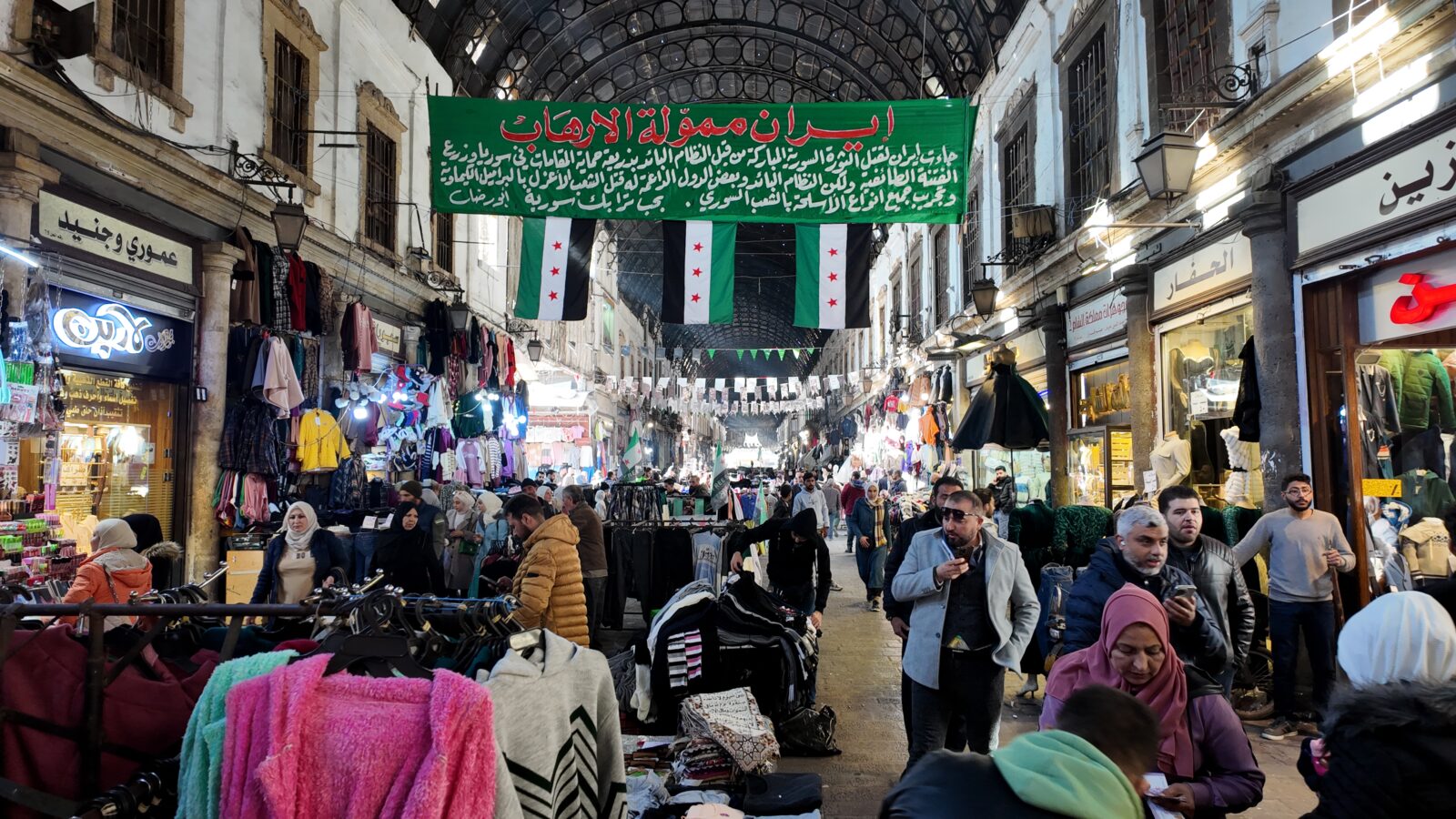
Many Syrians I spoke with expressed that they wouldn’t mind Jolani if he sides with the Western camp to rid the region of Iranian influence and pursue peace with Israel.
The bitter truth is that they lost interest in what is happening in Gaza as the international community remained silent about their suffering over the last 14 years, including multiple chemical attacks and hundreds of thousands of death.
Ordinary Damascenes want electricity, cheaper gas, newer model cars and education for their children.
Many opposition fractions, foreign missions and interests groups are queing in front of the Four Seasons Hotel, where al-Shara is currently residing. Many local or international actors will mistakenly try to impose their wishes.
He should not lose his focus in the coming years: The aim is to fulfill the wishes of Syrians.
If al-Sharaa forms an inclusive, technocratic government focused on solving issues, maintains peaceful relations with neighboring countries, and convinces HTS fighters to stay in their barracks as a part of the new national army, this could be his best bet for success.
